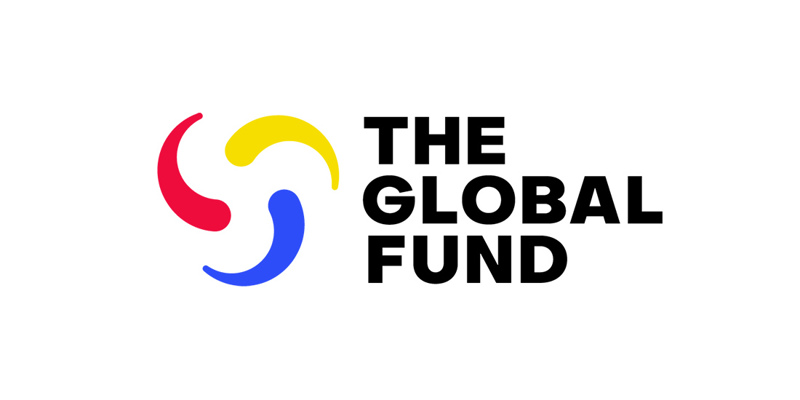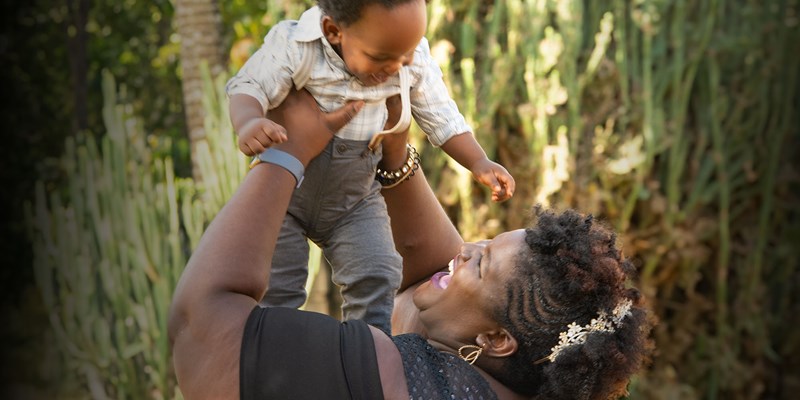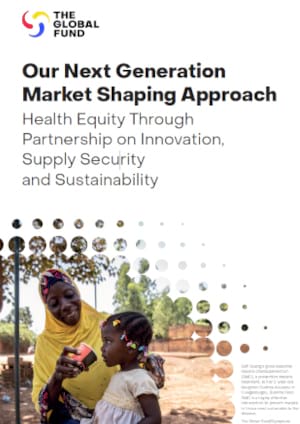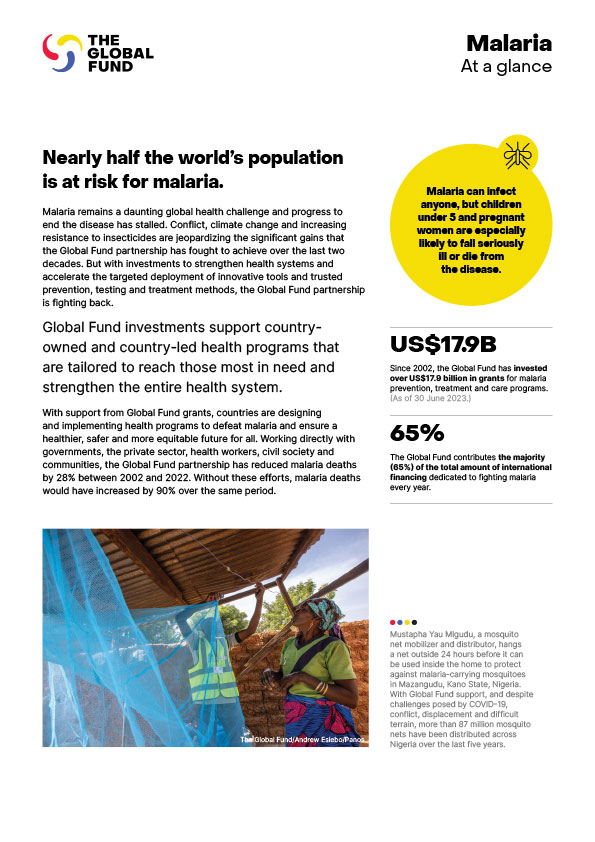Agence Française de Développement and the Global Fund Strengthen Partnership to Build Resilient Systems for Health
21 December 2019
ABIDJAN, Côte d'Ivoire – On the occasion of President Emmanuel Macron's visit to Côte d'Ivoire, Rémy Rioux, Chief Executive Officer of Agence Française de Développement, and Peter Sands, Executive Director of the Global Fund, signed a partnership agreement to end epidemics and build sustainable systems for health in West and Central Africa, two regions where these challenges are particularly acute.
Through this agreement, AFD and the Global Fund will strengthen the impact of their investments in health through better coordinated and complementary interventions and the optimal use of resources. This approach will accelerate the establishment of strong and sustainable systems for health and support governments’ efforts in West and Central Africa.
In the coming years, this partnership will help improve the training of health workers, increase their numbers, strengthen the diagnostic capacities of laboratories and supply chain systems and support national authorities’ health financing strategies.
Côte d'Ivoire is leading the way in the partnership between AFD and the Global Fund thanks to a joint project with the Ivoirian authorities to build the first regional agency for the country's central medical store in Bouaké. This initiative will increase the availability of health products and provide people throughout the country with sustainable and equitable access to quality care.
"Through AFD, France continues to demonstrate its unwavering commitment to global health," said Sands, who signed the partnership agreement in Abidjan, Côte d’Ivoire, together with Rioux. "By putting our respective expertise at the service of the most affected countries, we have the opportunity to achieve our common goal of ending AIDS, tuberculosis and malaria as epidemics by 2030.”
“By combining the strengths of our organizations, whether multilaterally or bilaterally, we reaffirm our belief in cooperative and coordinated action and our determination to build strong and resilient health systems around the world, especially in the most vulnerable countries,” said Rioux.







